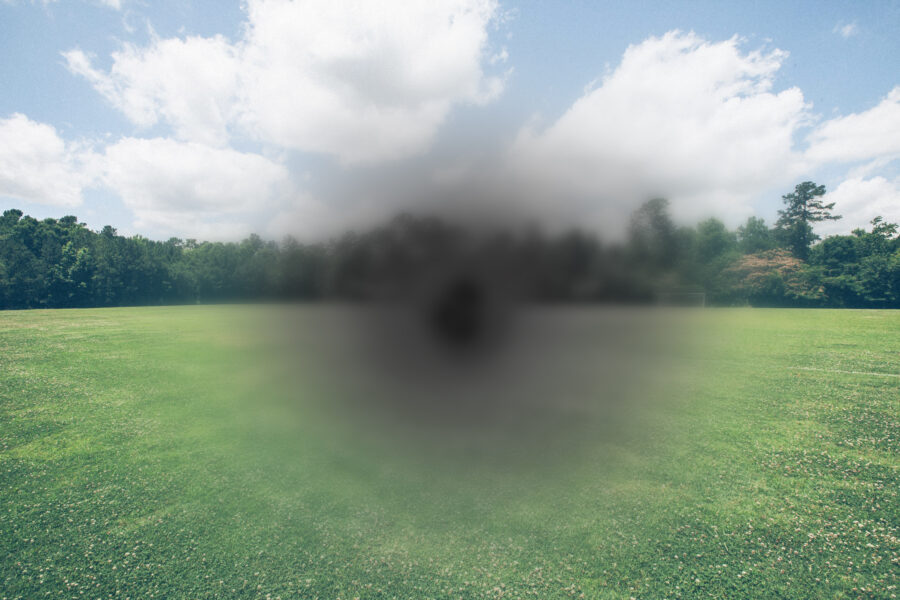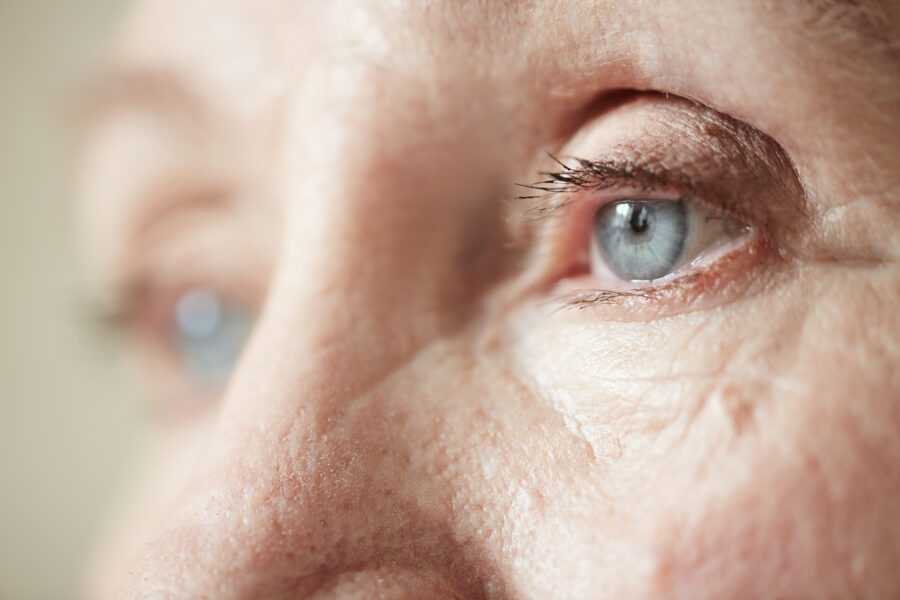

Blog post
Report reveals gap in people's eye care knowledge
It revealed that 17.5 million of us hadn't had an eye test in the last two years and that only one in four rate routine eye tests as essential for maintaining good eye health. It is even more worrying when we discover that 77% of those questioned say they've suffered poor eye health in the last 12 months. David Cartwright, optometrist and chair of Eye Health UK, commented on the report:
"With 60% of us worrying about our long-term vision, it's time for us to wise up and learn how to look after our eyes. Making simple changes to our lifestyle and having regular eye tests could give your eye health a boost and prevent future sight loss."
Considering these alarming statistics that the Eye Q report has revealed, we want to help you boost your Eye Q and help bridge those gaps in people's knowledge.
Your eye test
Findings found that just one in four of those questioned rated routine eye tests as important for maintaining good health – which in fact, regular eye checks can help identify the signs of health conditions. Mike Bell, Head of Public Affairs and Campaigns at Thomas Pocklington Trust, added:
"Regular eye health checks can help prevent or limit the damage done by many eye conditions. They can also help identify the signs of other health conditions like diabetes or high blood pressure. The message is clear, get regular eye health checks and never ignore changes in your vision."
Unfortunately, fears about the cost of eye care were the number one reason for not having had an eye test in the last two years, followed by the misnomer that 'my eyes are fine, so I don't need to go for an eye test. Whilst you might not be experiencing any problems with your vision, it is still essential to have regular eye checks to ensure that they stay healthy, especially as we age. When it comes to costs, if you're over 60 and live in England, Wales, or Scotland, then you're entitled to a free eye test through the NHS at a high-street optician. If you find it difficult to attend a high street optician without help, you may qualify for an optician to visit you at home, which is what our service at OutsideClinic offers our customers. You can check if you meet the NHS criteria in the UK here, which includes things like living on a low income or having a disability. If you don't qualify, it's still possible to benefit from our home eye test; you'll just pay our standard home eye test fee.
The link between your family history and your eye health
Your family's medical history can influence the health of your eyes, yet, fewer than half of us realise that a relative's eye health could affect our own risk of eye disease. Conditions such as myopia (short-sightedness) and glaucoma have strong genetic links. Before the optician examines your eyes, they will always ask you some questions to make sure they understand your general health and your family medical history. Living with certain health conditions can also increase your risk of poor health and exacerbate existing vision impairments, but respondents' awareness was low. Health conditions affecting your eye health include diabetes, high blood pressure, stroke, cardiovascular disease, multiple sclerosis, Parkinson's disease, Alzheimer's and learning disabilities.
Red flags
The recent Eye Q survey found a worrying lack of awareness of the red flags and discovered that six in ten of us would not seek urgent advice from a healthcare professional if we experienced eye pain.
Do you know the 'red flag' symptoms linked to sight-threatening eye conditions?
• A curtain, veil, or shadow in your vision
• Sudden sight loss or double vision
• Acute redness in one or both eyes
• Sensitivity to light photophobia
• Severe eye pain
• Suddenly seeing lots of flashes or floaters (little dots or squiggles)
Your lifestyle and your eye health
The report found some alarming findings regarding understanding how lifestyle can impact the risk of sight loss. A meagre 8% of us link exercise and eye health despite evidence showing being physically active can slash the risk of visual impairment. 84% of us are in the dark about the eye health benefits of eating a nutritionally-balanced diet, and just 13% link smoking and sight loss, even though smoking is a direct cause of sight loss, including macular degeneration – the UK's leading cause of blindness.
We must appreciate how our lifestyle could be putting us at risk of future sight loss. It's important to consider diet, exercise, smoking, drinking habits, and the amount of time spent outdoors – these can all impact your vision and eye health.
Be screen smart
With increasing screen use, more and more of us suffer screen fatigue – headaches, sore or tired eyes and temporary blurring of our vision – because we don't know how to be screen smart. One in seven of us follows the 20-20-20 rule (look away from your screen every 20 minutes and focus on something 20 feet away for 20 seconds).
More than half of us say the quality of our vision has disrupted our daily lives – affecting our ability to do or enjoy everyday things like household chores, driving, reading or hobbies. However, it doesn't need to be this way. If you have your eyes checked regularly, seek professional advice if you notice a change in your vision, and make good lifestyle choices, you can reduce your risk of eye health problems later. If you or your loved ones require an eye test at home, please get in touch with us at 0800 60 50 40 or to book an eye test clink the link below .
The Eye Q Report is based on the findings of a survey conducted by. Yonder Consulting in accordance with MRS guidelines and regulations, on a representative sample of 2,077 UK Adults aged 18+ between 24 – 25 August 2022. All figures quoted in this release are from this study unless otherwise stated.











